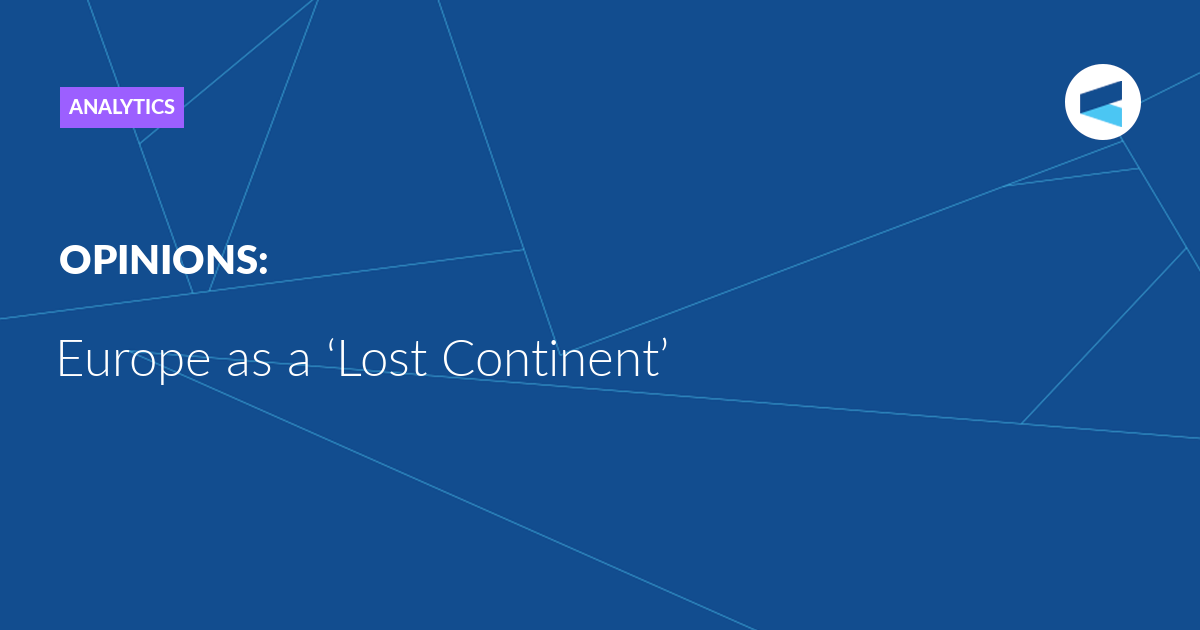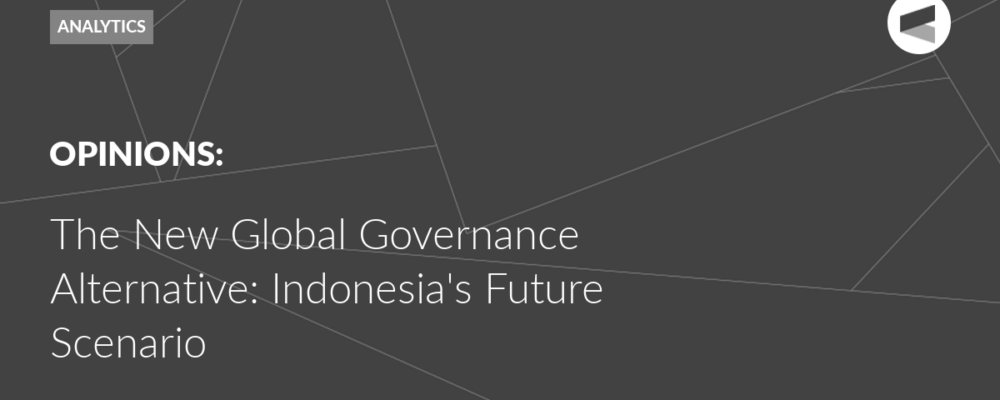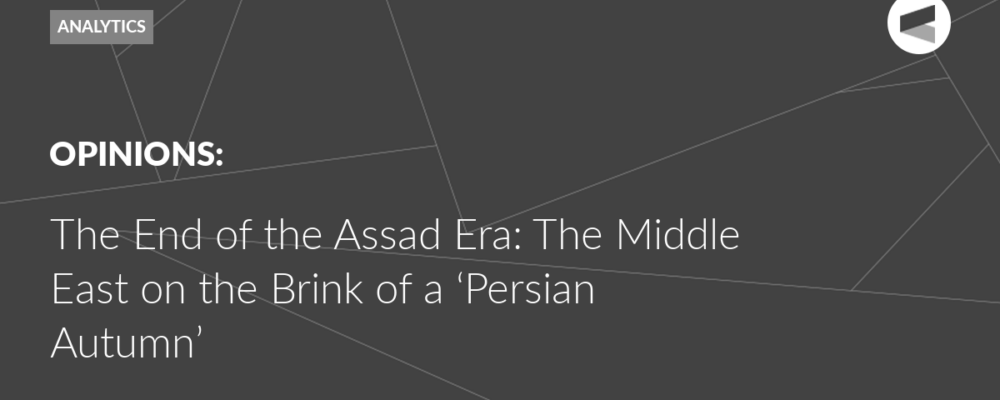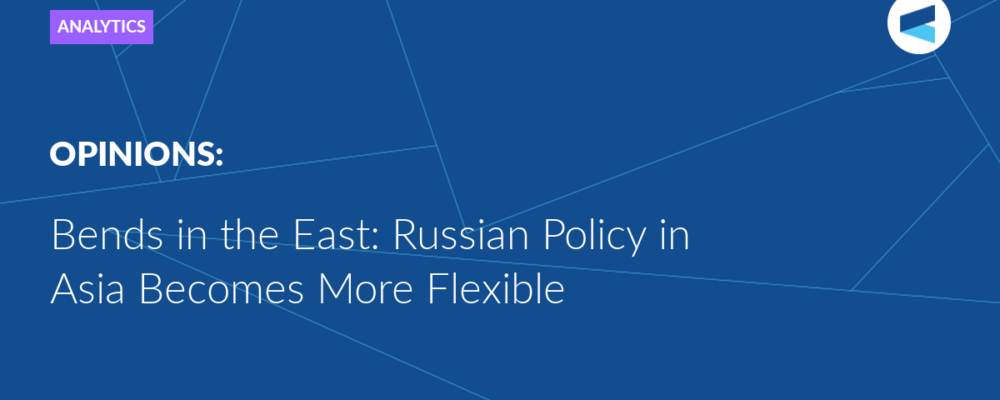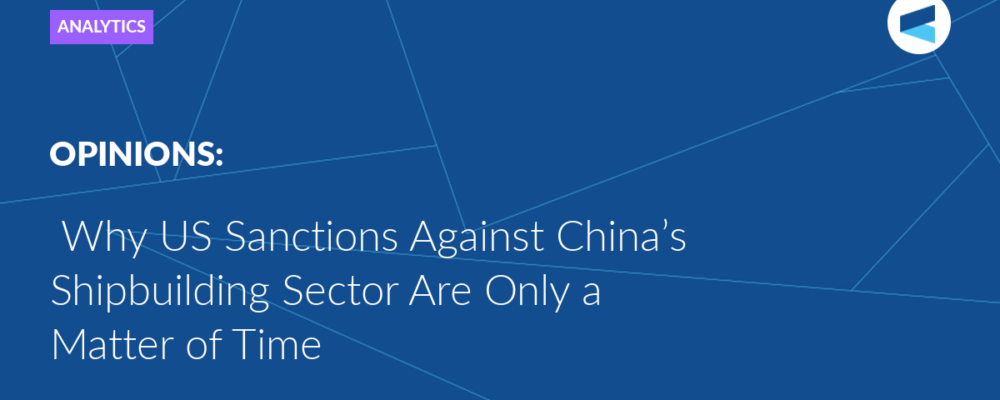The shift of the centre of gravity from the Atlantic Ocean region towards East and South Asia is an objective process. Russia and the United States are only indirectly involved in it, and the growing influence of the countries in this region cannot be denied nor stopped. In this context, the relations between Russia and China are noteworthy — although in the past there were crises between our countries, now Russian-Chinese relations are at their peak and are one of the fundamental foundations of a new, balanced international order, writes Valdai Club Programme Director Andrey Sushentsov.
Europe continues to be an important point of strategic attention for Russia, but is no longer the main topic of discussion. Today, many people see Europe as a “lost continent,” which has ceased to act in its own interests and finds it difficult to identify them. Europe is increasingly losing autonomy and yielding under pressure from the United States, mired, on the one hand, in comfort and the desire to prolong it, on the other hand, on the moralising, which does not allow a sober look at the current situation.
NATO’s increasing presence on Russia’s Western borders, in the Black Sea region and in the Baltic alarms our country. There are signs of NATO’s transition from hibernation to preparation for a major military conflict in Europe. In any event, the line of increasing escalation and pressure on our country is a dead end: Russia takes the NATO threat seriously and has sufficient resources to deal with it. The militarisation of the Baltic states and the strengthening of NATO’s presence in the Black Sea and near the Russian border will increase the number of conflict episodes and keep the residents of these countries in constant tension.
Russia has no aggressive designs towards the states of the Baltic region or the Black Sea — this is a threat invented by Washington and Brussels. However, if the North Atlantic Treaty Organisation chooses to follow the path of escalating tensions, Russia will not shy away from this challenge. I believe that for Europe this path is a dead end — it is held hostage to the American notion of isolating the main EU economies from Russia. The escalation at the border sets off a series of phobias, eliminates any impulse for economic cooperation, and ultimately ties European states tightly to the American economy, making them significantly less competitive. As a result, Americans “cannibalize” Europeans under the noble pretext of protecting the European continent from an imaginary Russian threat. I believe that Europeans should not look blindly at this artificial escalation of tension by the United States — they need to act in their own interests.
Now Russia has shifted its attention to other regions of the world and is developing its historical relations with the countries of the East, Asia, and Africa with great energy. To some extent, Europe is moving away from Russia and Russia from Europe. This process, like many things in history, can be depicted as a spiral, and over time, the reverse process will begin. But it is obvious that today, Russia does not rely on Europe, nor does it represent new opportunities. On the contrary, today it is from Europe that we hear the most militant statements, although not backed by significant political determination. Although Russia continues to perceive European actions towards our country as threats, the focus of Russia’s attention is shifting to other regions of the world.
At the same time, the United States continues to be the most active, albeit destructive, force in international relations, constantly working to create situational coalitions to act against its opponents. The US is acting increasingly feverishly, realising that time is not on Washington’s side. In their place, it might be wise to accept the fact that objective demographic, economic, and social processes are leading to Asia, which is becoming the world’s main centre of gravity in the new century, and to work to ensure that the conditions for stability and development continue. The United States’ actions, unfortunately, indicate the opposite: they are exacerbating perceptions of its own decline that would be less acute if the United States were more constructive.
The shift of the centre of gravity from the Atlantic Ocean region towards East and South Asia is an objective process. Russia and the United States are only indirectly involved in it, and the growing influence of the countries in this region cannot be denied nor stopped. In this context, the relations between Russia and China are noteworthy — although in the past there were crises between our countries, now Russian-Chinese relations are at their peak and are one of the fundamental foundations of a new, balanced international order.
Back in the mid-1990s, Russia and China formulated a common vision of what the future world order would be. It is recorded in the Russian-Chinese “Declaration on a Multipolar World and the Formation of a New International Order” of 1997. Since then, a Russian-Chinese understanding of how the world should be has developed: on the basis of non-interference, respect for sovereignty, mutual interests, and the recognition that cooperation between countries is possible regardless of the nature of their governments. This basis of interaction has stood the test of time and many international crises of recent decades and has propelled Russian-Chinese relations to an even higher level.
The Valdai Discussion Club was established in 2004. It is named after Lake Valdai, which is located close to Veliky Novgorod, where the Club’s first meeting took place.
Please visit the firm link to site


